Category:Regulations


A new Vancouver development shows what’s possible when housing is deregulated
January 12, 2024 | Post
Sen̓áḵw is a $3-billion, 11-tower real estate development in Vancouver, set to be built on Squamish Nation reserve land. The project, named after the ancestral territory the Squamish people were removed from in 1913, is a sustainable village developed in partnership with Westbank.
The example set by the Sen̓áḵw development project shows us what we could have in other places too, if only the state — and the NIMBYs whose interests they serve — would step aside and let progress unfold.
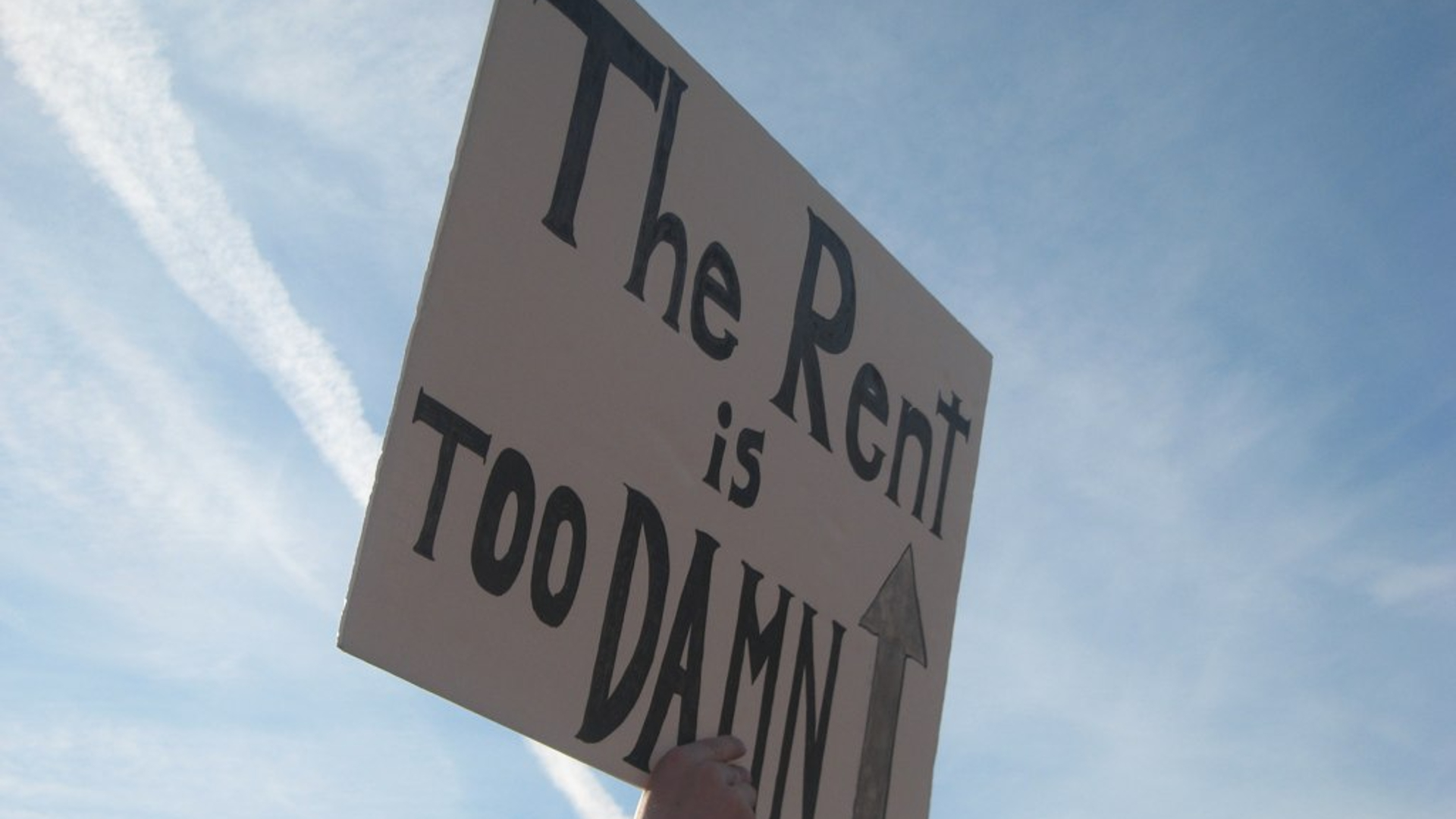
Unmasking the true force behind the housing crisis
December 21, 2023 | Post
For the first time since the Great Depression, a majority of young adults in the U.S. aged 18-29 live with their parents.
The intensifying housing crisis across the United States and worldwide is a pressing concern, particularly for Millennials and Gen Z, who are often priced out of getting their own place for far longer than what has been the norm for previous generations.
Such a crisis inevitably prompts a blame game. But who or what is really to blame?

Despite regulatory barriers, 3D-printed houses can revolutionize the construction industry
December 20, 2023 | Post
What if we could revolutionize transportation to make it not only faster but also more sustainable? What if we could create educational systems that are not only more accessible but also tailored to individual learning needs?
Or, how about building new homes in a matter of days, at a fraction of the cost?
ICON Technologies is able to do just that — if not for regulatory barriers.

How occupational licensing oppresses the poor
December 19, 2023 | Post
Imagine having to pay and jump through hoops for the government to allow you to work. That’s essentially how occupational licensing works.
Occupational licensing is a system that disproportionately burdens and oppresses the economically disadvantaged, hindering social mobility.

Five myths about antitrust
August 24, 2023 | Post
Antitrust law will likely affect you personally, either targeting a company you patronize or even your employer. With big changes on the horizon for competition enforcement, here are five popular misconceptions surrounding antitrust…
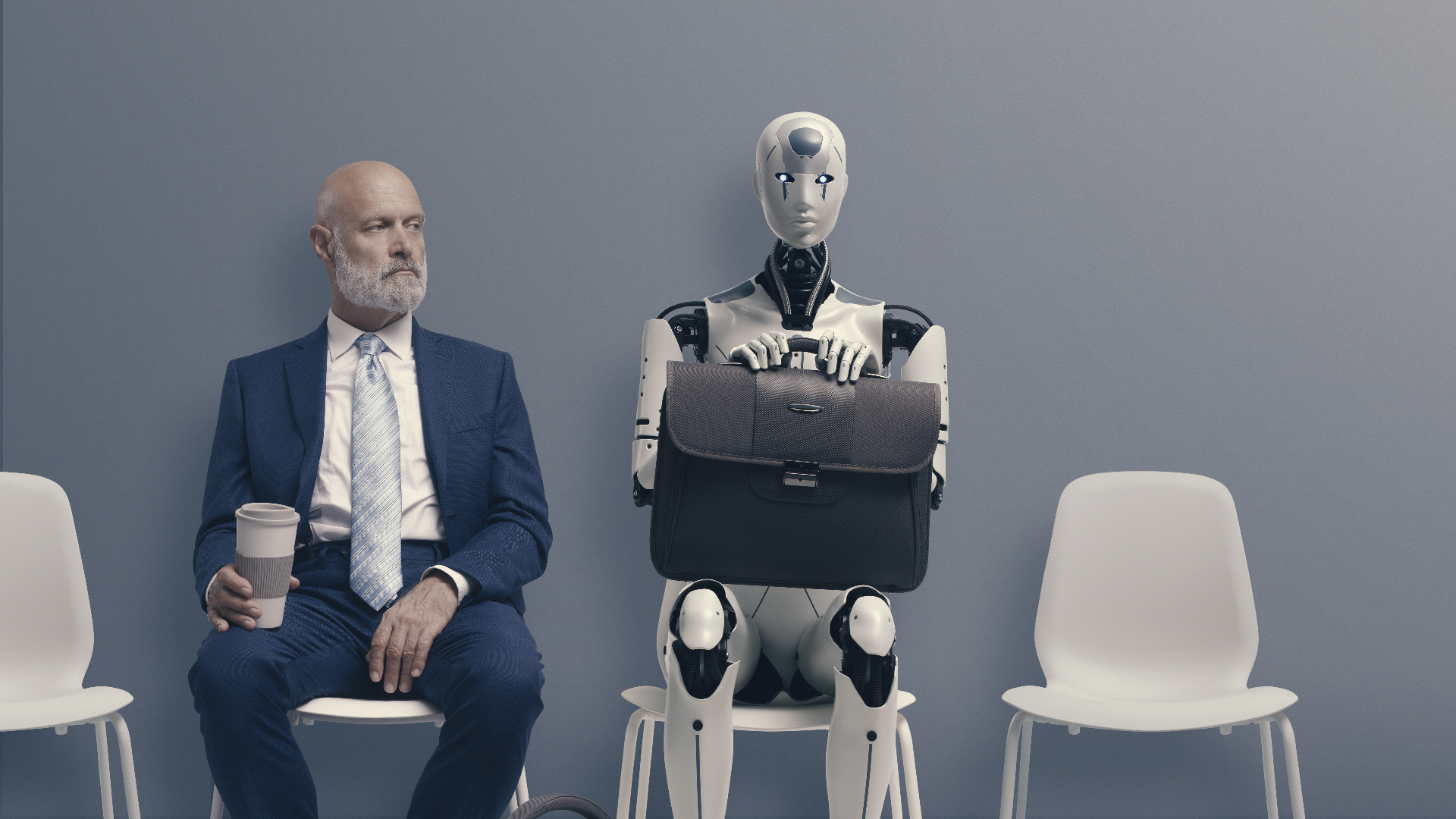
AI, automation, and the future of work: Navigating, automating, and … terminating?
August 7, 2023 | Post
Welcome to a world where AI and automation helps to transform the job market in ways we never imagined, and maybe, just maybe, makes us laugh along the way (we’ll get to that part).
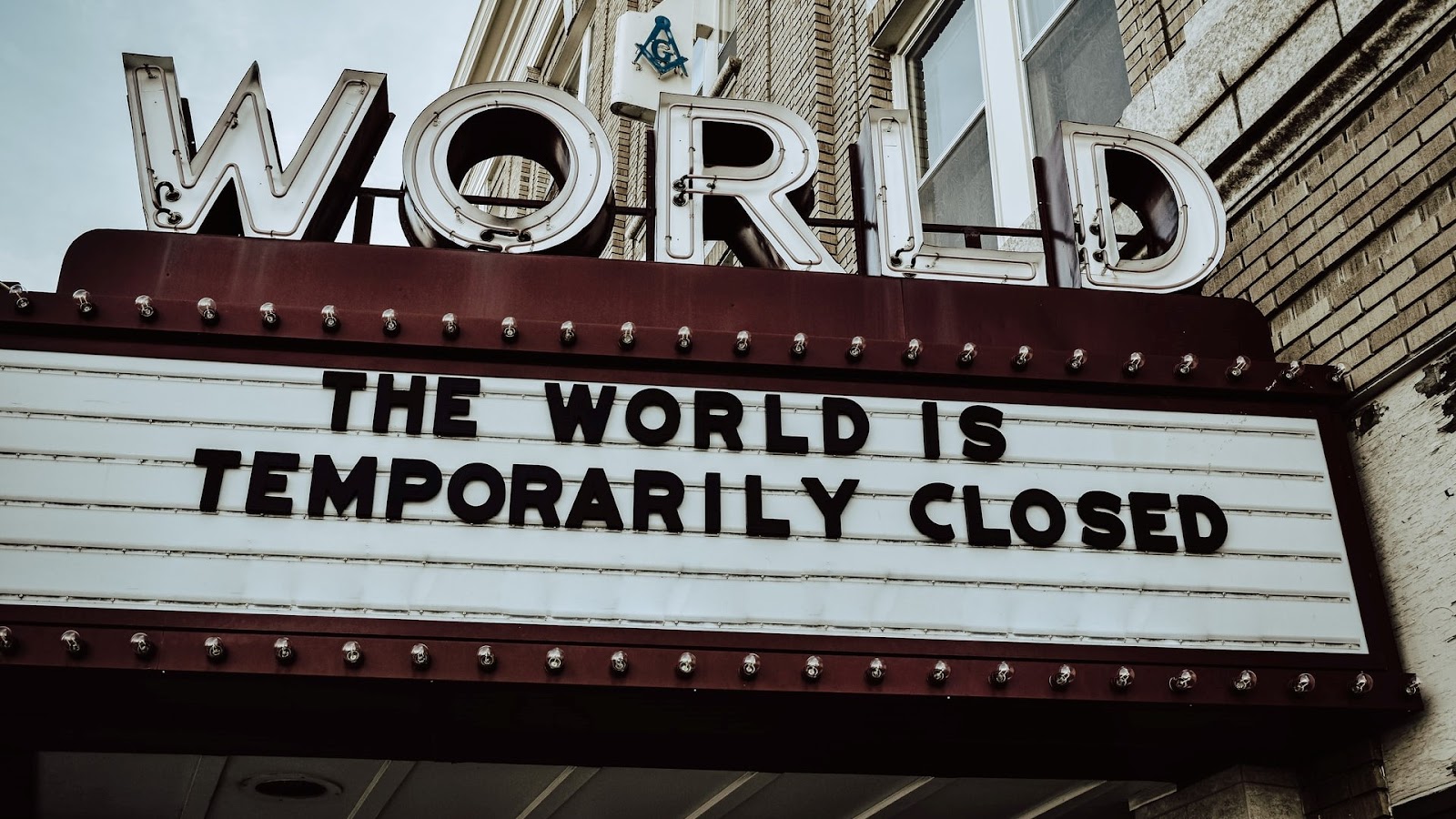
The COVID-19 pandemic highlights the changing role of government
March 24, 2023 | Post
Alongside economic devastation and a mental health crisis, another legacy of lockdowns will be changed perceptions of the role of government

Minimum wage laws deny low-skilled workers their autonomy
March 20, 2023 | Post
Do minimum wage laws help low-skilled workers? No. Workers are thrown out of work if they cannot produce more than the minimum wage stipulates. If the minimum wage is $15/hour and a worker can only produce $13/hour worth of goods, they will not be hired since no profit-seeking employer would employ someone at a loss.

Out with the coal, in with the nuclear
March 15, 2023 | Post
Despite the economic challenges involved, nuclear power is our best chance of walking that tightrope that allows us to manage both economic and industrial concerns while decarbonizing. Is that not the objective we are all striving for?

A foot in the door? Australia’s real housing crisis, exposed
February 22, 2023 | Post
Housing affordability has become a plague on Australia’s economy, and government policy here has ensured that no matter what happens, people — especially the least well off — will continue to get hurt. Let’s take a look at the reasons behind Australia’s housing crisis…
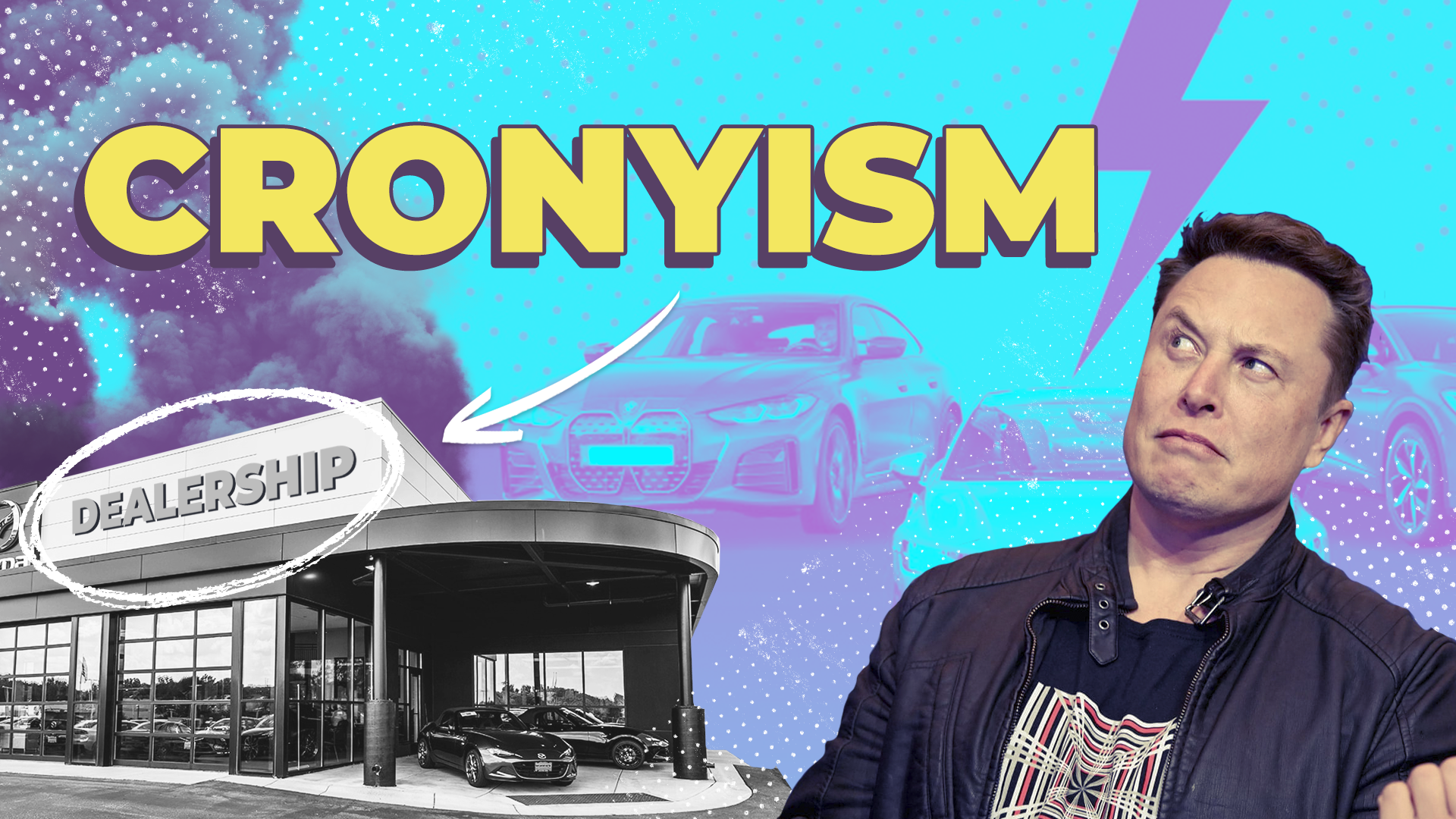
What’s holding back the Electric Vehicle Revolution?
February 8, 2022 | Video
Those flying cars we’ve seen for years in sci-fi films and cartoons? Yeah — still waiting. But we DO have cars that run on electricity, and they’re a big improvement over gasoline for many car buyers and for the environment.
Why, then, is it so difficult and expensive to get one?
This video seeks to answer that question, but we’ll give you a hint: state and federal government power are being leveraged in a big way.

7 shocking incidents created by lockdown restrictions
September 9, 2021 | Post
Lockdown restrictions have disrupted normal life and led to to a range of shocking and bizarre incidents and developments as governments take on new powers

Australia’s draconian lockdown restrictions must end
August 25, 2021 | Post
The Australian government’s heavy handed response to dissent against its draconian lockdown restrictions is unacceptable for a supposedly free society.
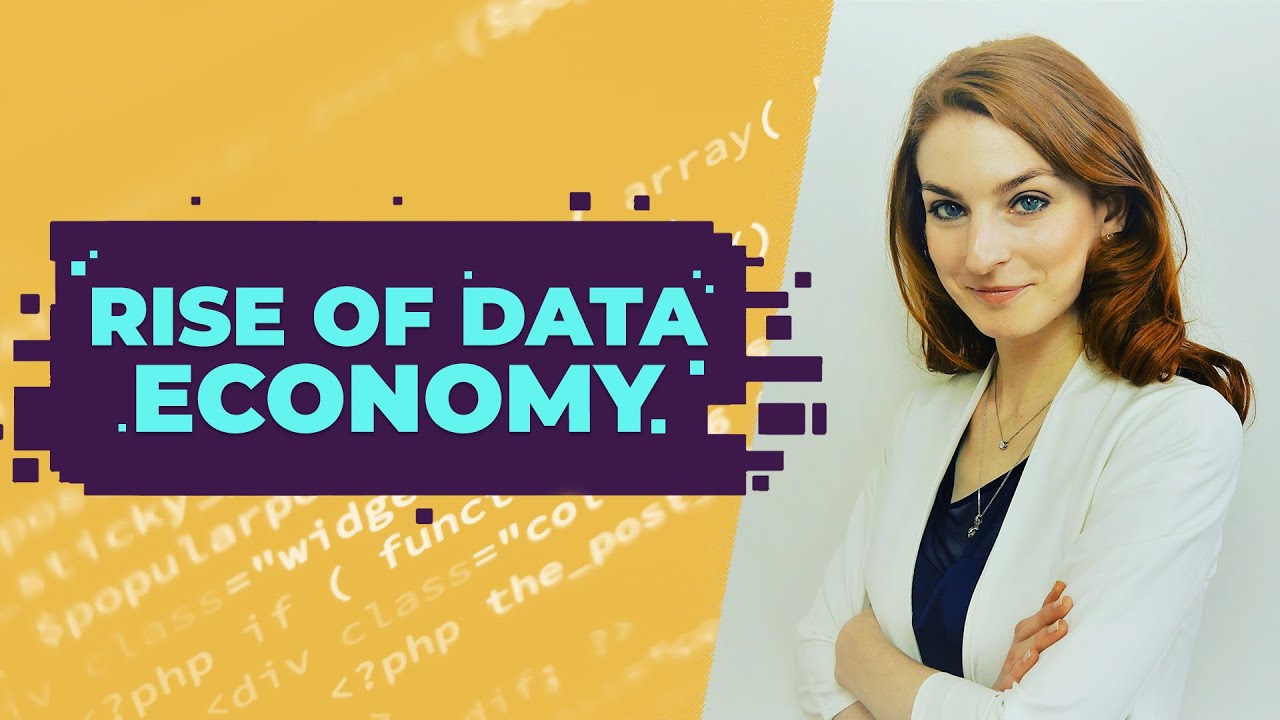
The Rise of the Data Economy
July 15, 2021 | Video
Following the conversation with Eline Chivot, the senior adviser on digital policy at the European People’s Party and a former senior policy analyst at the Center for Data Innovation, about data protection and innovation, we asked her why data is so important to innovation in a digital economy, and what happens when the flow between companies and users is interrupted by governments.

The Effects of Data Protection Policies in the European Union
July 8, 2021 | Video
On November 4th, 2020, Students For Liberty hosted a conversation with Eline Chivot, the senior adviser on digital policy at the European People’s Party and a former senior policy analyst at the Center for Data Innovation, on Data Protection and Innovation.
These are the highlights of the event, which focused on the theme of innovation in the digital economy, and the role of data protection policies in the European Union. In recent years, the debate around balancing digital privacy and innovation has gained significant prominence, especially in light of the European Union’s GDPR policy implemented in 2018. The debate is expected to continue further, given the increasing rise of AI amid many barriers to innovation.

The Lingering Effects Of The Prohibition Era
May 21, 2021 | Video
The Prohibition Era is a dark time in US history: bootleggers, corrupt politicians, mafia organizations… It is gone, but alcohol laws are still reminiscence of that time. We realized this only after the pandemic.
In this video, we talked to Jacob Rich, policy analyst of the Reason Foundation/Magazine, discussed the history of alcohol policies in the US and how to improve them for the future.

Disruption of Metropolises – Ep #2 – COVID Disruption Series
April 28, 2021 | Video
We talked with our friend Nolan Gray, a city planner, about how the COVID-19 pandemic led to many transformations in big cities, such as New York, San Francisco, and Chicago. Many people are moving away from big cities as they are not required to work there anymore. Big cities are facing enormous challenges today, due to the heavy regulations on how businesses can operate, as well as the financial burdens they inflict on residents.
Let us know in the comments below if you or any person you know moved away from a big city and how they feel about it.
#DeathOfBigCities #WorkFromHome #Metropolises

A Global Pandemic Time Capsule
April 28, 2021 | Video
COVID-19 has upended life as we know it. Now more than ever, the world can feel confusing and chaotic. We wanted to cut through the noise and hear real stories from real people all around the world, so we decided to interview 12 people, in 6 countries. The only stipulation was that they had to be willing to speak openly and honestly about their experiences during the COVID-19 pandemic.
We realized that despite the polarization around this topic, and intensity of opinions being shared, no one person really knows what’s going on. To move forward we need intellectual humility and empathy –– with a focus on our shared humanity –– especially at a time like this. T
his documentary shares a diversity of COVID-related stories and perspectives to highlight the importance of embracing our individuality and maintaining intellectual openness through this time.
#GlobalPandemic #SharedHumanity #Lockdown

3D Printed Guns, Explained
January 13, 2021 | Video
On November 12th 2019, a federal judge has struck down against an attempt to release downloadable gun files in the United States. It was declared that allowing access to this information violates the Administrative Procedure Act and the Constitution.
It has been echoed that such free access to untraceable blueprints could threaten world peace and national security.
However, it has also been argued that If blueprints are speech, then 3D files are speech too. That means that, according to the constitution we have today, the government can’t prohibit them.
So what is 3D printing exactly?
3D printing is a process where a computer-aided-design (CAD) is sent to a printer where it is produced in three dimensions out of plastic or resin.
Matthew Larosiere, Director of Legal Policy Firearms Policy Coalition and Senior Contributor for Young Voices, explains what the future of 3D printing could mean for the gun industry.

“There Will Be Blood” — The Ethics of Compensation for Bodily Fluids
January 11, 2018 | Video
Is human blood a “public resource”? Prof. Peter Jaworski argues that your bodily fluids belong to you, and governments should let you sell them.

A Brief History of Title IX
December 7, 2017 | Video
“Title IX” was never intended to regulate romantic relationships on campus. So how did we get here? Robert Shibley, Executive Director of the Foundation for Individual Rights in Education, explains.

There’s No Such Thing As An Unregulated Market
November 16, 2017 | Video
We all want the safety and dependable quality that “regulation” is supposed to provide. Government can provide it to some extent, but markets can do it better, if we let them. Howard Baetjer of Towson University explains.

The timber industry illustrates exactly what's wrong with international trade restrictions.
September 28, 2017 | Post
It is an easy mistake to think that restrictions on international trade that help one industry “grow and prosper” will help all industries “grow and prosper.”

The real reason young people can’t get jobs in Africa
September 20, 2017 | Post
Given that Africa has the world’s youngest population, the lack of steady, formal-sector jobs is an enormous political and economic risk factor. Unemployed youth are more likely to be criminals, may be lured into militant groups, and contribute to political unrest.

